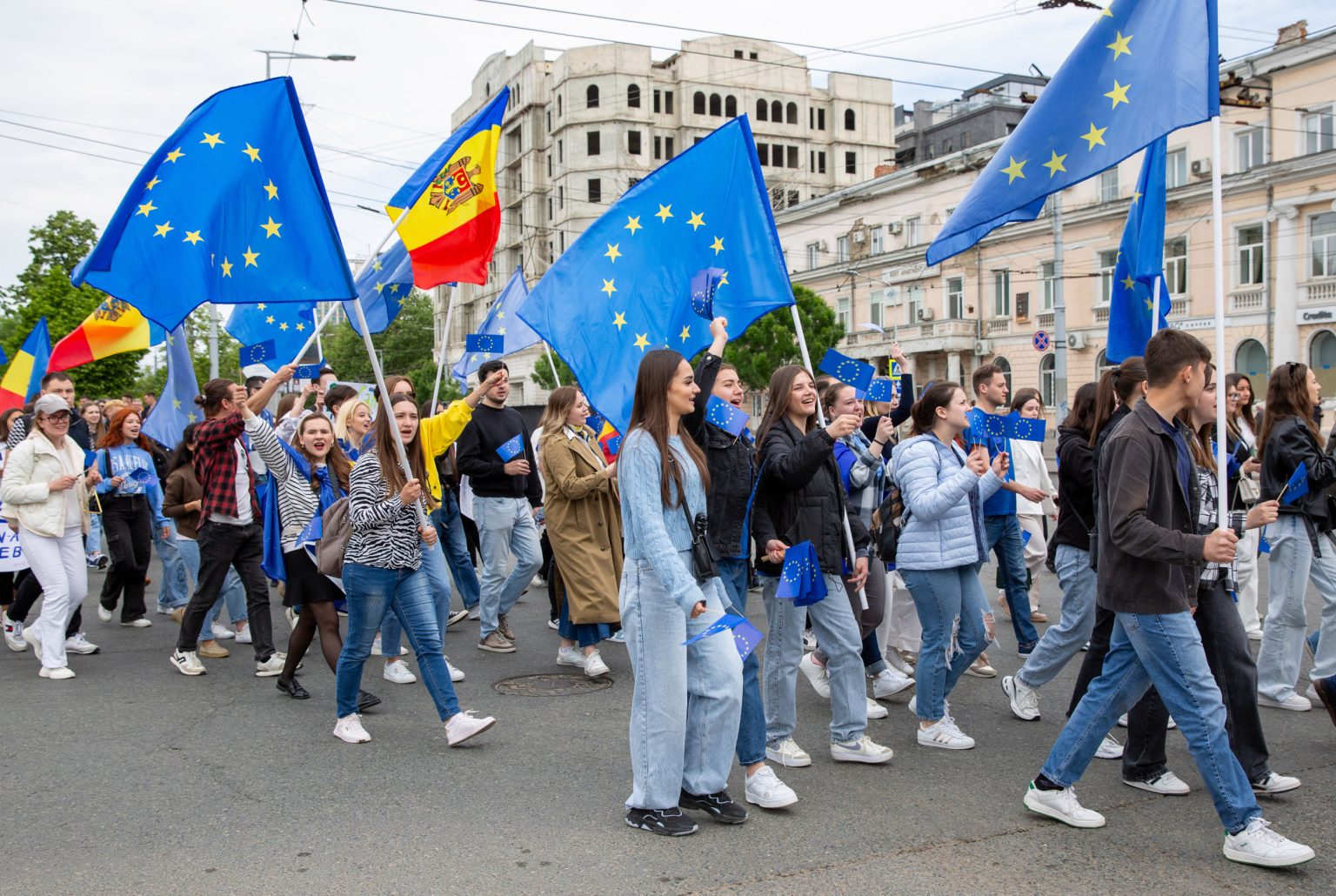A closely contested referendum in Moldova on EU membership recently passed by a slim margin, with 50.46 percent of voters supporting the move. This victory was seen as a win against Russia’s influence in the former Soviet republic, but accusations of continued interference from Moscow could complicate matters for Brussels. Pro-Western President Maia Sandu raised concerns about external forces using cash and propaganda to sway the outcome, particularly with late backing from Moldova’s foreign diaspora. The referendum coincided with a presidential election where Sandu received the most votes but not enough to avoid a second round, further adding to the political complexity.
Accusations of Russian meddling surfaced during the referendum, with claims that Moscow had been buying votes, funneling cash through proxies, and using social media to instill fears about EU membership. Despite these allegations, the Kremlin has denied interference and challenged Sandu to provide evidence to support her claims. Russian influence in Moldova has been a cause for concern, as seen in the country’s proximity to the European Union and potential implications for future decisions with regards to Russian sanctions, energy imports, and security policies.
The results of the referendum have triggered discussions about Moldova’s future EU membership, particularly with regards to addressing key issues like the fate of the Russian-speaking region Transnistria and the autonomous region of Gaguzia. While the constitutional amendment only paves the way for pursuing EU membership, the EU faces challenges in navigating the complexities of Moldova’s political landscape and the shadow of Russian influence. Security risks, especially in light of Russian interference across Europe, will be a significant consideration during the accession process.
The split in public opinion over Moldova’s EU integration goals is evident, with concerns about Russian interference and instability in the region potentially affecting public support for EU membership. The European Union has taken steps to combat disinformation and hybrid warfare in Moldova through partnerships, but the decision on EU enlargement ultimately hinges on a delicate balance between EU leaders, public opinions, and priorities in Brussels. The upcoming parliamentary elections in Moldova will be crucial in solidifying the country’s European aspirations, amid attempts by the Kremlin to exert control over the region.
The Kremlin has expressed skepticism over the referendum results, questioning how the “yes” votes managed to outnumber the opposition at the last minute. Russian officials criticized the election campaign as unfair, alleging that the opposition was stifled and highlighting concerns about the upcoming second round of voting. Sandu, who gained 42 percent in the presidential election, faces a tough challenge from Russia-friendly candidate Alexandr Stoianoglo. The political landscape in Moldova remains complex, with a mix of pro-Western and pro-Russian sentiments that could impact the country’s path towards EU membership and its broader geopolitical outlook.


